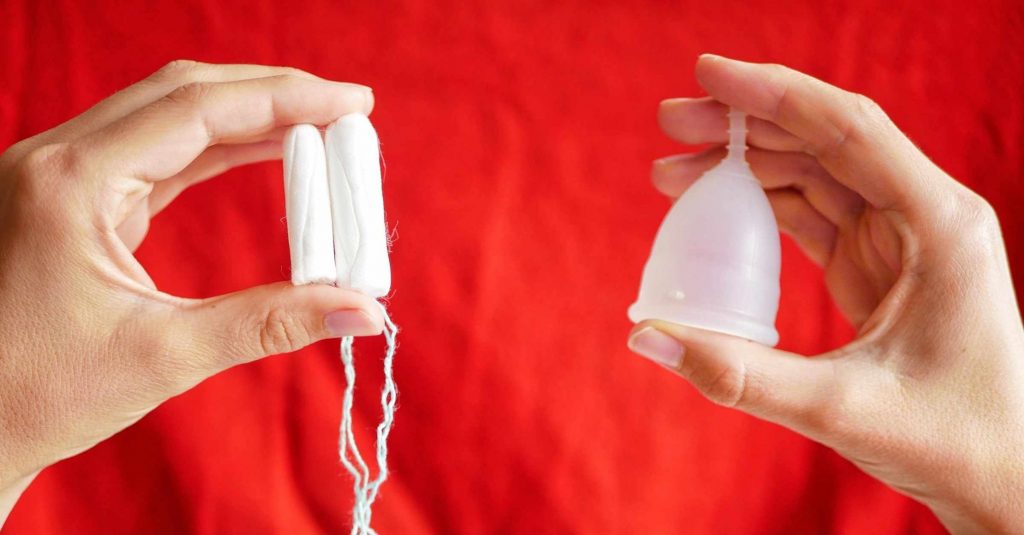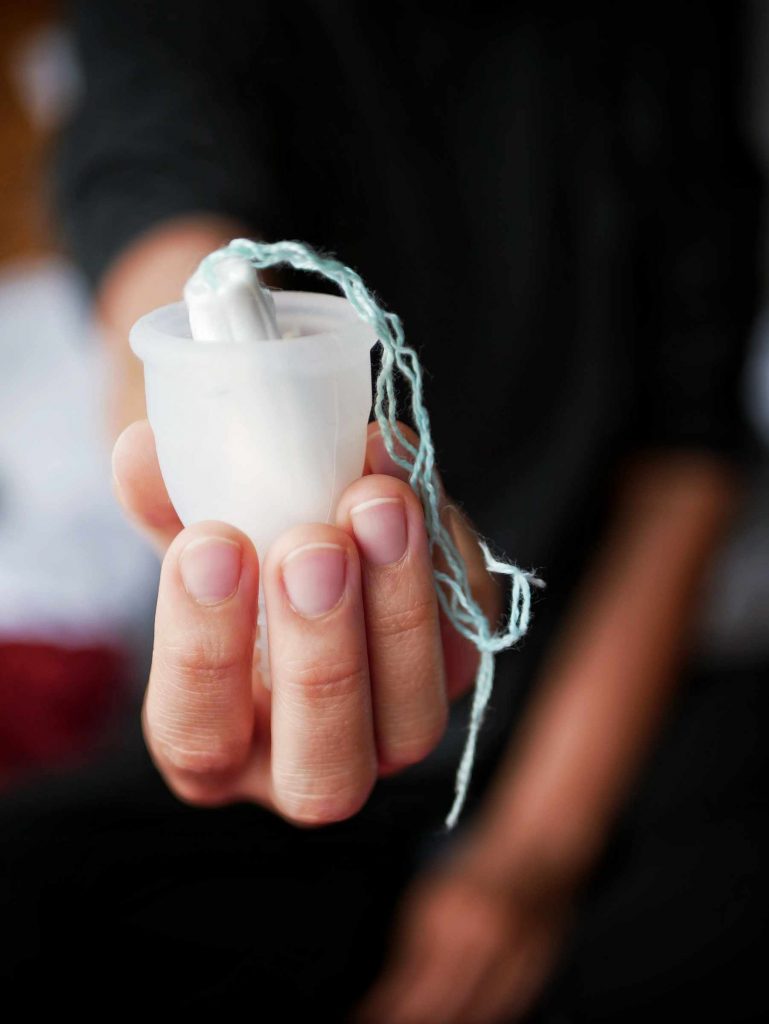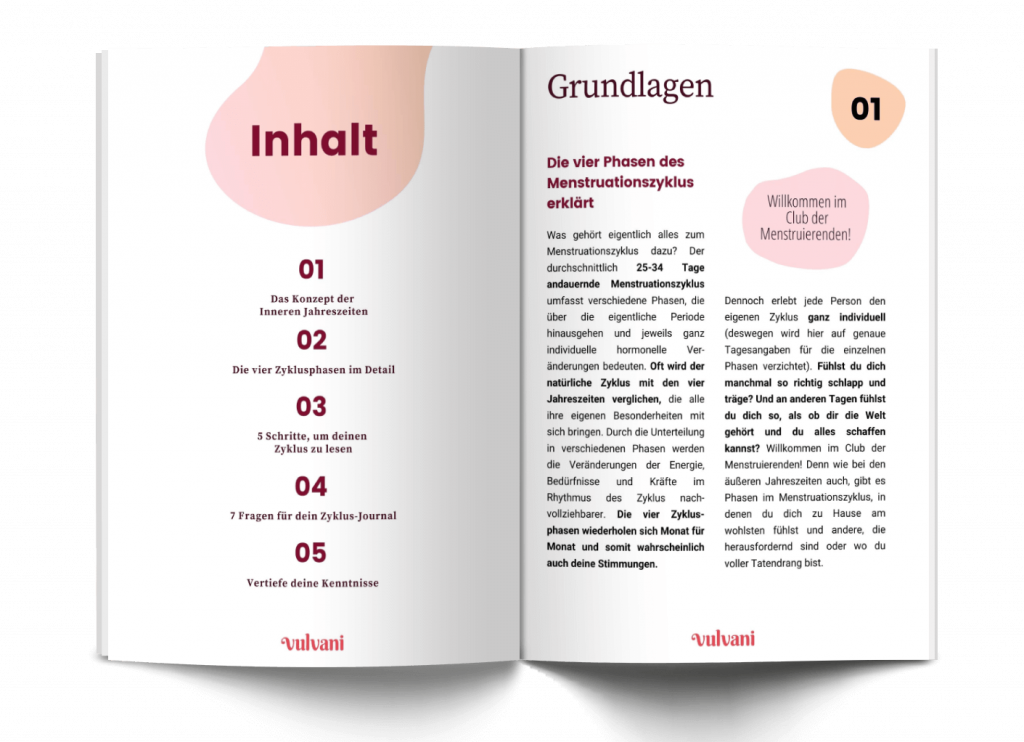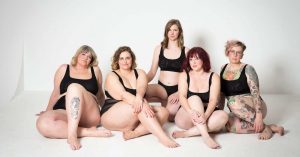
Discovering your menstruation as a spiritual practice
Yasmine understands her menstruation as a spiritual practice and shares in this interview how she is connecting more with her own body through cycle awareness.

In November last year, the Scottish Parliament voted unanimously to pass the Period Products (Free Provision) (Scotland) Act. This act (as the name may imply) provides free period products to everyone across Scotland who needs them. The law puts a legal responsibility on local authorities to provide free period products to the people in their area. In some places like North Ayrshire, local councils were already doing this, but it will now be a legal obligation. Scotland is the first country in the world to have taken these steps so decisively.
This act was passed after a four-year campaign spearheaded by Monica Lennon, the health spokesperson for Scottish Labour. Many grassroots organisations across Scotland contributed, such as Women for Independence, trade unions, and civil society groups. It also finally fixes into law a promise made by First Minister Nicola Sturgeon in 2017, that all schools, colleges, and universities must provide free period products.
Lennon gave a speech after the act was passed, highlighting how important this step was: “Menstruation is normal. Free universal access to tampons, pads and reusable options should be normal too.” She also emphasised, “Period dignity for all isn’t radical or extreme; it’s simply the right thing to do.”
This act came at a critical time, shortly after the effects of COVID-19 saw cases of period poverty skyrocket around the world. “Periods don’t stop for pandemics,” as Lennon put it. Surveys in the UK have found that on average, someone who menstruates spends £13 a month on period products. This is a significant expense, especially when access to both money and affordable products is restricted. Even in pre-pandemic times, the situation was dire: the organisation Women for Independence found one in five have experienced period poverty. Another research project even suggested that over half those surveyed had missed school because of their period.
Furthermore, a study of more than 2,000 people by Young Scot in 2018 showed young people are especially affected. According to the responses of the survey, 24% of those in education had struggled with accessing period products. This shows how important Sturgeon’s pledge in 2017 had been. But further to that, 26% of responses from young people not in education reported difficulties, mostly with availability and affordability. The majority then had to borrow from a friend or use substitutes like toilet paper, which negatively impacts self-esteem. Poor affordability of period products, difficulty with access and rampant social taboos are all issues highlighted as serious problems here. This act could tackle this by helping low-income households still go about their daily lives despite these troubles.

The scheme is the duty of local councils to act on and the government can enforce it if needed. So, the free period products should be available in arranged public areas, like pharmacies, community centres, or public buildings. Some areas like Aberdeen even have a government-funded project to deliver the free period products to low-income households. While the scheme was not means tested before rollout and may cost over £8 million per year, it is evidently a welcome one. Sturgeon tweeted she was “proud to vote for this ground-breaking legislation,” and the response has been overwhelmingly positive since November.
While the future is always unclear, this scheme has been an encouraging step in the right direction. Scotland may be the first, but other countries are taking measures to help with period poverty too. England pledged to supply free period products in educational facilities, and many European countries are scrapping taxes that make period products so expensive. “Scotland will not be the last country to consign period poverty to history,” Lennon said of the new law’s potential impact. “But we have the chance to be the first.”



Yasmine understands her menstruation as a spiritual practice and shares in this interview how she is connecting more with her own body through cycle awareness.

What options are there for male birth control? Ailsa delivers an overview of what is available now, and what may come in the future.

Sustainable underwear? The founders of TUKEA talk about fair labour conditions, body diversity and body literacy.
…and empower countless women to make empowered choices about their bodies!

